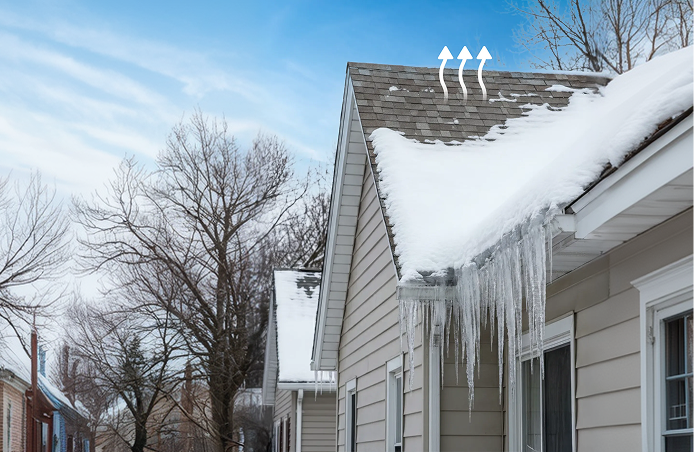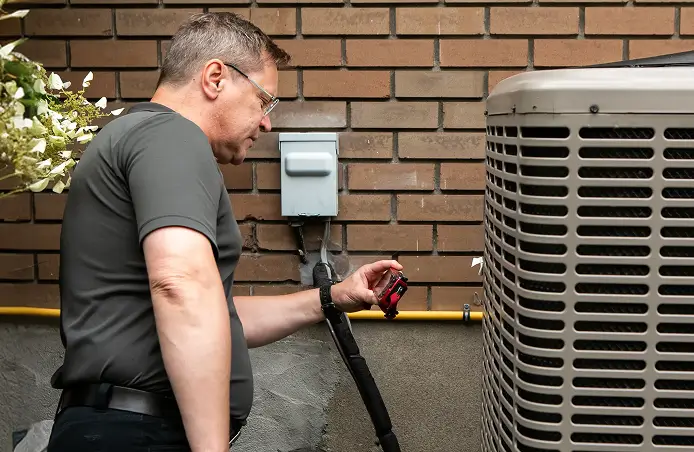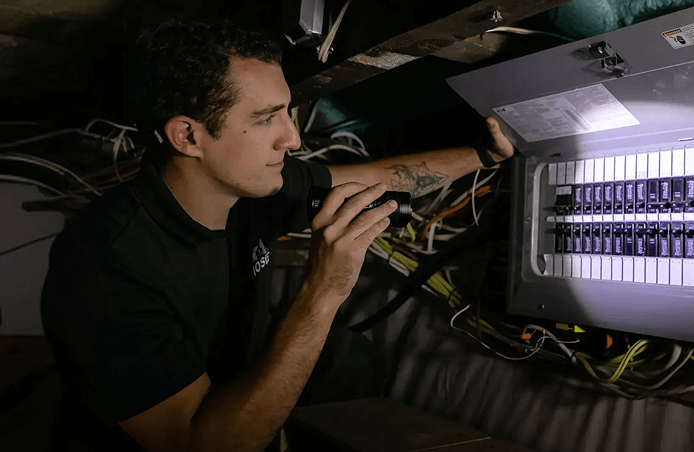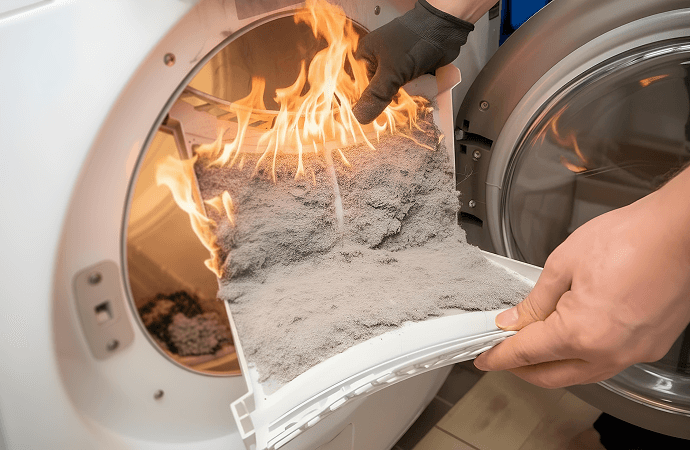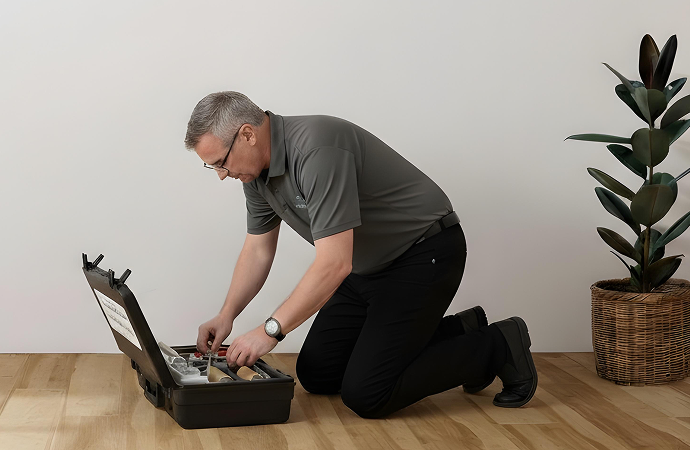When hiring a contractor for renovations, repairs, or new construction, due diligence is essential. The goal is to confirm their experience, credentials, reputation, and reliability before you sign.
Key Questions to Ask
Experience – How many projects have you completed in the last 10 years in this area? Can you provide a project list?
References – Who can verify your quality, honesty, and reliability? May I speak to them directly?
Certifications & Proof – Can you show proof of licensing and insurance?
Specialization – Have you worked on projects similar to mine in style, size, and budget?
Management & Communication – Who will be my primary contact and how often will I receive updates?

Verification Steps
- Confirm their license such as “RBQ in Quebec“ with the contractor’s board; check for complaints.
- Verify insurance coverage: at least $1M liability + active worker’s compensation.
- Review online ratings such as Trustpilot and Google reviews.
- Call multiple references, asking about timelines, workmanship, and issue resolution.
- Conduct a background check and, if possible, review financial stability.


Red Flags
- Door-to-door solicitation or high-pressure sales
- Large upfront deposits (more than 10–15%)
- Offers to manipulate insurance claims (illegal)
- Push to sign immediately without review time
20-Point ‘Code of Conduct’ Contractor Checklist
- Responds to calls/messages within 24 hours
- Assigns a clear point of contact
- Provides detailed written scope, contract, and schedule
- Gives written notice of extra charges/change orders and waits for approval
- Alerts to potential quality issues promptly
- Warns in advance of possible delays
- Resolves quality issues collaboratively
- Advises on materials while respecting your choices
- Maintains a clean, safe, and organized site
- Uses code-compliant, industry-standard materials
- Holds valid license, insurance, and bond for the full project
- Secures necessary permits and passes all inspections
- Links payment milestones to completion percentages
- Offers at least a one-year warranty
- Bases change orders on true costs; allows time to verify estimates
- Avoids overcommitting to multiple projects
- Guarantees steady crew presence during workdays
- Ensures workers are skilled in required trades
- Employs only qualified, insured subcontractors
- Keeps homeowner’s project a priority
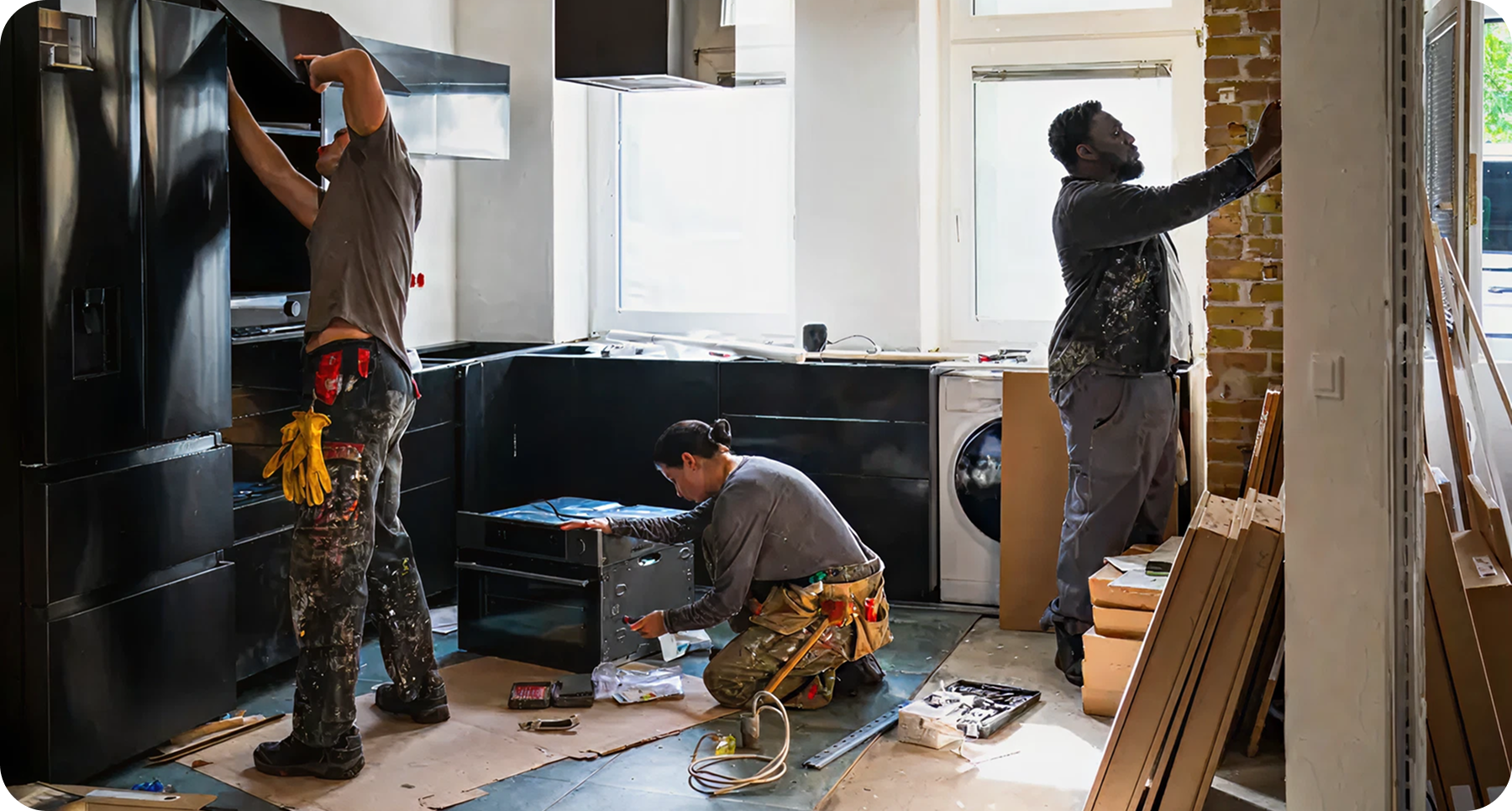
Insights & Tips for
Smart Homeowners
Smart Homeowners

